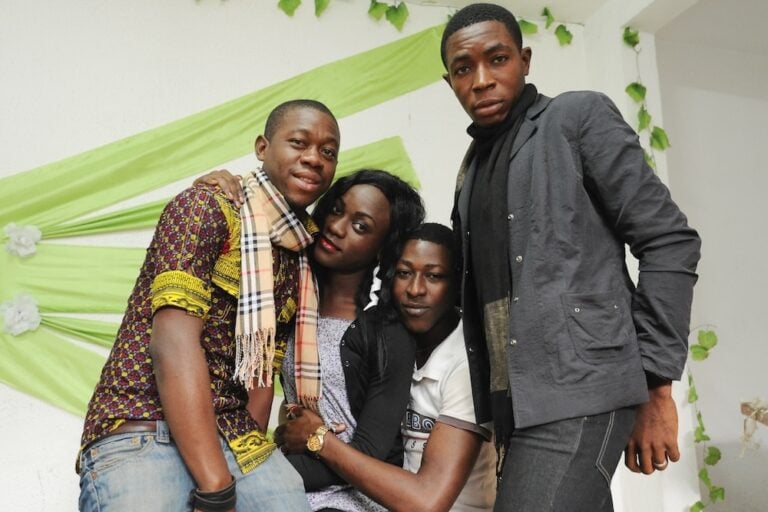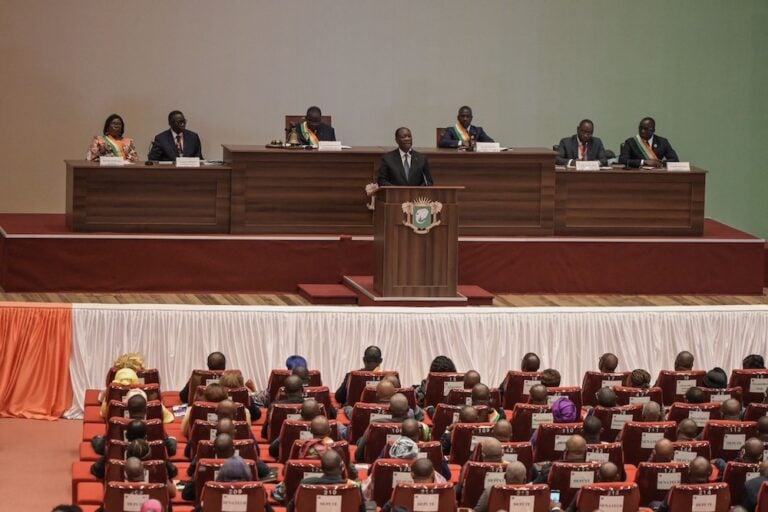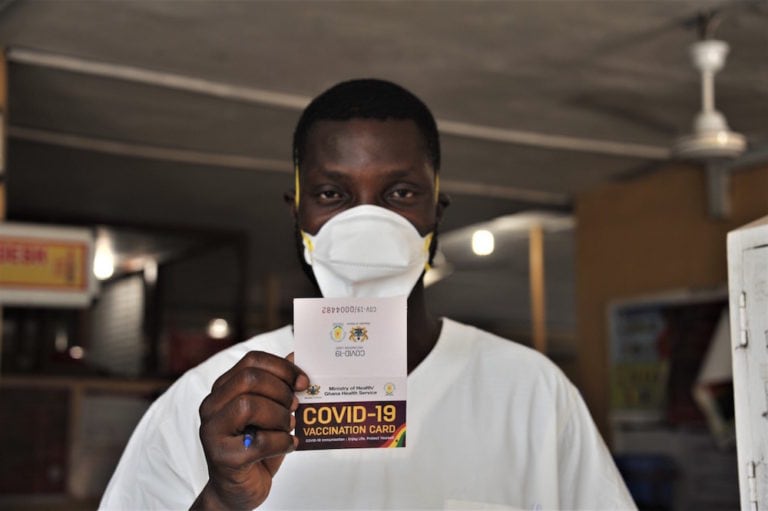RSF is concerned to see that several newspapers have revived story subjects and slogans that are likely to fuel tension.
(RSF/IFEX) – Paris, 19 November 2010 – When the campaign for the second round of Côte d’Ivoire’s presidential election officially gets under way tomorrow, Reporters Without Borders will begin the second phase of its monitoring of the state and privately-owned media’s campaign coverage as part of a European Union project for the “Protection of media pluralism at election time.”
The first phase of the monitoring began on 15 October and ran until two days before the first round. The second phase will finish on 26 November, two days before the run-off election between the head of the Presidential Majority (LMP), incumbent President Laurent Gbagbo, and the head of the Houphouëtiste Rally for Democracy and Peace (RHDP), Alassane Ouattara.
Reporters Without Borders is concerned to see that, during the run-up to the official start of the second-round campaign, several newspapers have revived story subjects and slogans that are likely to fuel tension. More space has been given to ethnic issues and to allegations that one or other of the candidates wants to “destabilize” Côte d’Ivoire.
The press freedom organization urges the National Press Council to continue to exercise the utmost vigilance in order to prevent matters getting out of hand and to ensure that the election campaign is covered in a responsible manner that respects journalistic ethics and the rules of media conduct.
Reporters Without Borders has also noticed during this period that La Première (the main state-owned TV station) and La Nationale (the main state-owned radio station) have been displaying a strong bias in favour of President Gbagbo and his allies in terms of both the quantity and the quality of their coverage.
The organization reminds the two stations that, as public service broadcasters, they are required to remain entirely neutral during the elections and urges them to take immediate steps to ensure respect for directives issued by the National Broadcasting Council (CNCA) calling for the two candidates to be covered in an equitable way.
Reporters Without Borders does however welcome the CNCA’s decision to organize a debate between Gbagbo and Ouattara on La Première and La Nationale and encourages the CNCA to exercise its role as regulator with the utmost impartiality.
Mission
Reporters Without Borders began monitoring the Ivorian media on 15 October and will continue to do so until the end of the presidential election. Its quantitative and qualitative monitoring is being carried out in Abidjan by a team of observers who are evaluating the air-time that the public radio and TV stations allocate to the political parties and movements participating in the election. They are also evaluating the space allocated by the public-service daily Fraternité Matin and a number of privately-owned dailies. The aim is to ensure respect for the principle of fairness in the state media and balance in the privately-owned media.
Methodology
Reporters Without Borders is observing and measuring the air-time that the candidates get in all the French-language programmes relating to the elections on the state-owned TV station La Première and the state-owned radio station La Nationale. As regards the print media, it is measuring and comparing the column space that each candidate and their supporters and allies get in the public-service daily Fraternité Matin and in a number of privately-owned dailies: Le Nouveau Réveil, Le Patriote and Notre Voie during the first-round campaign, and L’Intelligent d’Abidjan, Soir Info and Nord-Sud during the second-round campaign. It is also carrying out a qualitative evaluation of the tone used by the journalists and media in their references to the candidates.
See the findings of the media monitoring during the campaign for the first round


